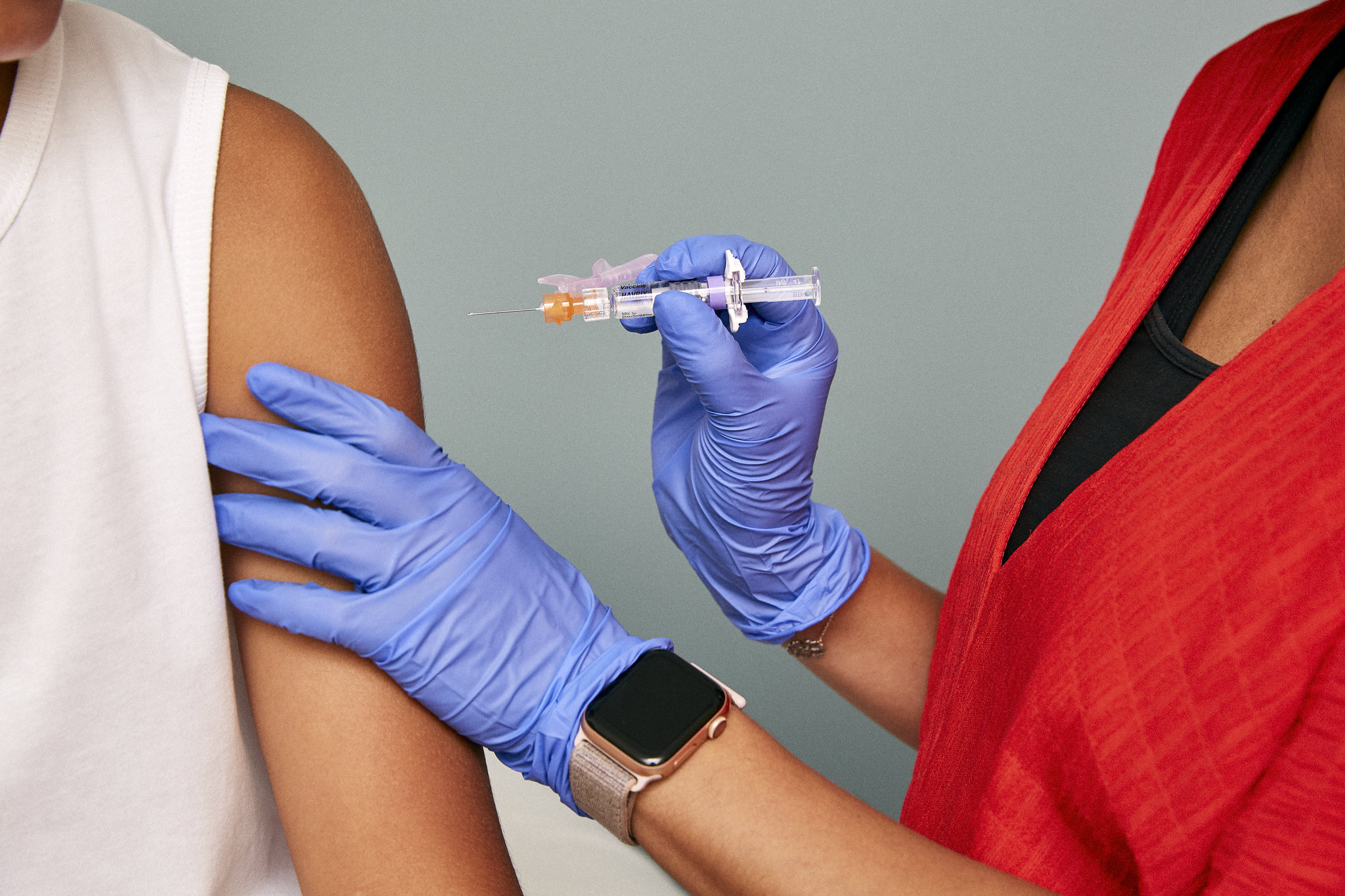A new report has found that vaccine complacency and misinformation remain a growing threat to global vaccine uptake, particularly in high-income nations. The report, which Meningitis Research Foundation contributed to, has been launched this week by the All Party Parliament Group (APPG) Vaccines for All, and includes recommendations for policies to improve and maintain vaccine uptake.
Chaired by Dr Philippa Whitford,
the ‘Vaccines for All’ APPG aims to raise the political profile of routine immunisations in the UK and around the world. It includes MPs and Peers from across different UK political parties. The
Improving Vaccine Uptake report follows an inquiry triggered by
the UK losing its ‘measles free’ status in 2019, and specifically investigates the factors which contribute to vaccine uptake in wealthy nations.
The report highlights that a variety of factors can contribute to why someone may or may not take up a vaccine. Globally, ‘practical issues’ continue to be the primary reason for families missing their immunisations. Timing of appointments, location of clinics and inflexible working hours all impact ease of vaccine access.

However, in wealthy nations where ease of access presents less of an issue, vaccine uptake has steadily declined. The report recommends that efforts must be made to counter vaccine complacency and vaccine misinformation in wealthy nations to prevent further decline.
Vaccine complacency
‘In high income countries,’ states the report, ‘immunisation has become a victim of its own success with the reduction in life-threatening or disabling childhood illnesses, due to vaccines, leading to complacency about the need for their ongoing use.’
The report uses the MenACWY vaccine as an example, which is administered to teenagers in England and Wales as part of routine immunisations. Whilst school-based vaccination uptake has been consistently high amongst teenagers, uptake of the vaccine for older teenagers via the GP was low. The report suggests this could be down to complacency in this age group. In our initial consultation response we highlighted how uptake increased among university-aged individuals once they were made aware of eligibility.
Vaccine confidence
The report notes that global vaccine confidence remains high, with the Wellcome Global Monitor 2018 reporting that 92% of parents had immunised their children. However, so-called ‘anti-vax’ misinformation persists and presents a growing threat.
To tackle vaccine misinformation, UNICEF has launched a Vaccination Demand Observatory global initiative, employing a network of ‘infodemiologists’ to help countries manage misinformation by providing accurate information.
Meningitis Research Foundation contributed to the report.